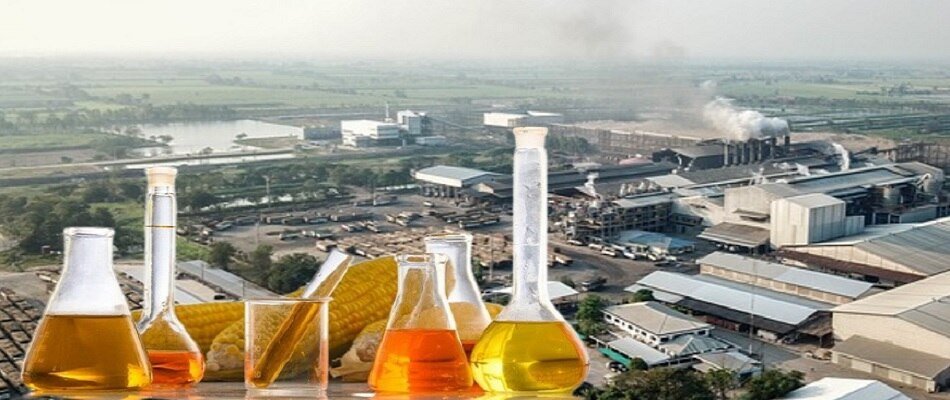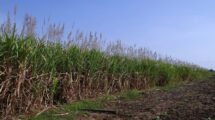The central government has approved a rise in ethanol prices on Wednesday, as well as the restoration and continuation of the Member of Parliament Local Area Development Scheme (MPLADS) and a support package of ₹17,408.85 crores for Cotton Corporation of India’s minimum support price (MSP) operations.
The Cabinet Committee on Economic Affairs (CCEA) also rised the price of sugarcane-based ethanol for mixing with gasoline by up to ₹1.47 per liter for the supply year 2021-22.
Also Read: Govt approved 422 ethanol projects to increase production by 1,675 cr lit
The price of ethanol extracted from C heavy molasses has been raised to 46.66 per liter, up from 45.69, and the price of ethanol extracted from B heavy molasses has been raised to 59.08, up from 57.61. Ethanol produced from sugarcane juice, sugar/sugar syrup costs 63.45 cents per liter, up from 62.65 cents previously.
Transportation costs and GST must be paid separately. PSUs in the oil marketing sector, such as Indian Oil, HPCL, and BPCL, purchase ethanol from distilleries at government-determined rates to mix with gasoline.
‘The government has decided that oil PSEs should be allowed to set their own prices for 2G ethanol, as this would aid in the establishment of advanced biofuel refineries,’ an official announcement said.
Cotton Assist
The CCEA approved a price support commitment of ₹17,408.85 crores to the Cotton Corporation of India to refund losses under MSP operational processes for seven cotton seasons (October to September) from 2014-15 to 2020-21.
A statement issued by the government said ‘To protect cotton farmers’ interests, it is convenient to conduct price support operations in cotton years 2014-15 to 2020-21 as cotton prices reached MSP prices.’
The government will spend nearly ₹8,000 crores on cotton support this fiscal year through supplementary allocations, with the remainder coming from the budget next year. ‘Cotton Corporation will be able to repay its loan as a result of this move. In addition, the corporation receives a loan of ₹25,000 each year, with which it can begin procurement’ Upendra Prasad Singh, the textiles secretary, stated. According to him, normal consumption is 33-34 million bales.
‘We are anticipating a record consumption in this year,’ Singh said, adding that cotton availability will be reduced due to a cotton ban in China’s Xinjiang province. ‘We expect no need for procurement or loss. We only intervene when prices fall below MSP. As of now, we do not anticipate the need for procurement (this year)’ He stated.
Packaging made of Jute
Cabinet Committee on Economic Affairs also approved standards for the Jute crop year 2021-22 (July 1, 2021, to June 30, 2022) that require 100% of food grain and 20% of sugar to be packed in Jute bags. Singh stated that this year’s Jute crop is ‘one of the best in recent memory, and mills have excess capacity.
‘We have asked Jute mills to diversify into other products so that their total dependency on the supply of Jute bags to procuring agencies is removed,’ Singh said, adding that procurement accounts for only 30-40% of total national production.
‘I don’t think we should think about getting rid of JPM (Jute Packaging Materials Act) right now,’ Singh stated that the government has asked the agencies to procure 3.5 million bales this time, up from 3 million bales previously.
Also Read: Rs 12,500 crore loans nod for sugar mills to set up ethanol units
MPLADS
The Cabinet also approved the reinstatement of MPLADS for the remainder of FY22, with MPs receiving ₹2 crores for local area development. They will receive ₹5 crores per year beginning in the next fiscal year and continuing until 2025-26. The total financial impact of restoring and continuing the MPLADS for FY22 and up to 2025-26 will be ₹17,417 crores.


















Add Comment